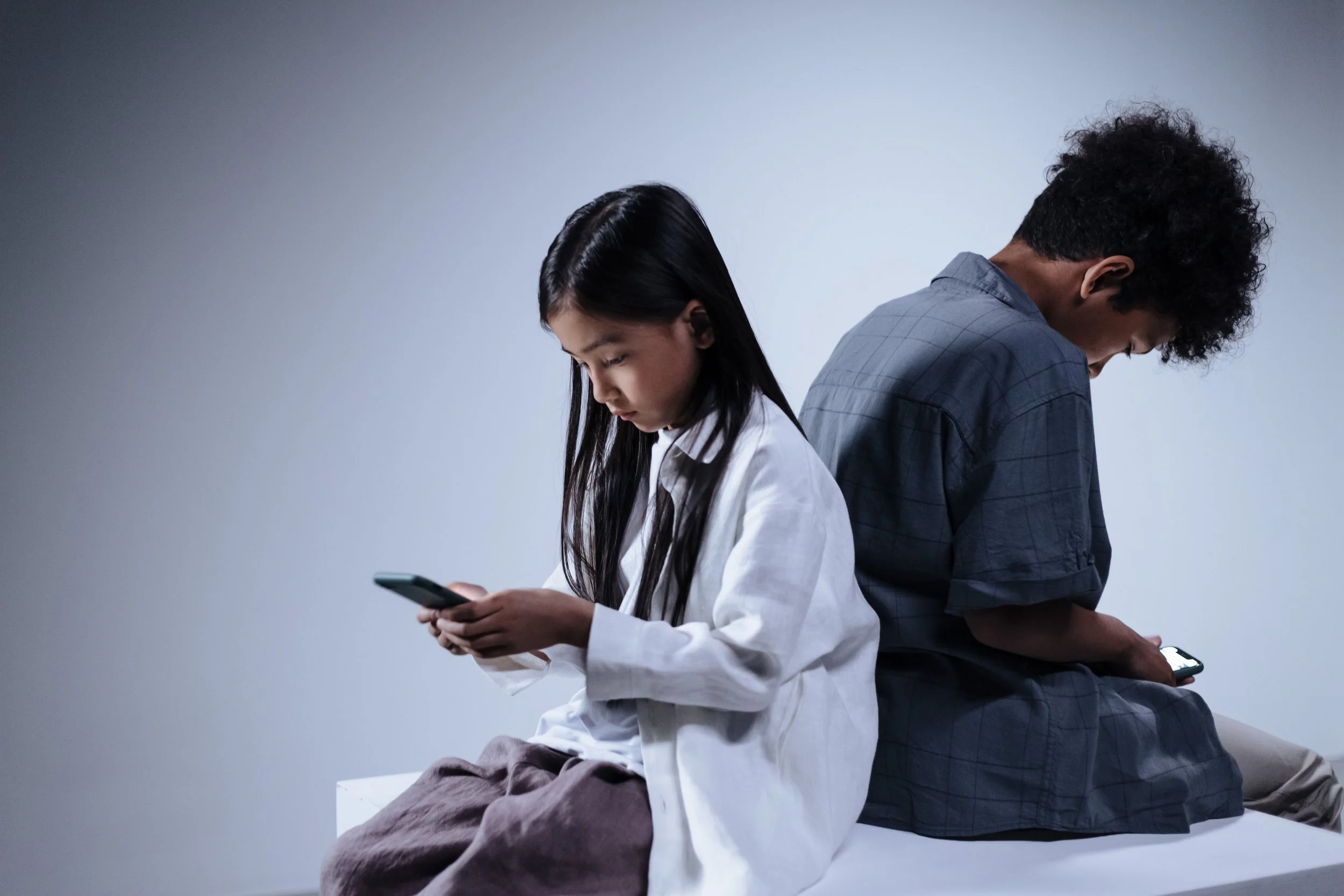How Does Social Media Impact Brain Development in Adolescents?
We’re continuing the conversation on children’s’ social media usage and how it affects them. June 30th was National Social Media Day and in our second installment of this blog series, we’ll be looking at how screen time and social media affects brain development in children and teenagers.
Last week, we shared the new advisory on social media and youth mental health, released by the US General Surgeon earlier this year. This advisory contains information on the positive and negative impacts social media has on youth mental health, the scientific evidence behind those impacts, critical unanswered questions and a recommendation for future action. If you’d like to learn more, click here.
More and more research is being released that shows frequent use of social media could be reshaping how adolescents’ brain develop. Aside from infancy, preteens and teens go through the most brain development and reorganization in their lives. This can make them more susceptible to environmental influences.
Let’s take a look at how social media usage can impact brain development at different stages of adolescents.
Ages 10-12:
Even though most social media apps require users to be at least 13 years old, most children are capable of getting past that barrier by entering an earlier birth year when signing up. According to a study done by Mott Children’s Hospital, over half of the children in this age range use social media apps.
Around the age of 10, children go through a shift in their brain development that spurs them to seek social rewards from their peers. Between the ages of 11-12, children learn to think about abstract concepts. Children can experience logical thinking without trial and error.
Between the ages of 10 to 12, compliments and reassurance from peers start to feel a lot more satisfying. In a part of the brain called the ventral striatum, the receptors for “happy hormones” (oxytocin and dopamine) multiply. This makes preteens extra sensitive to admiration and attention from others.
This means that preteens can use social media as a way to gain that attention and admiration they’re seeking from their peers.
Ages 13-16:
In this age range, previous research has concluded that over 90 percent of teens have used social media. Over 75 percent of teens check their mobile device hourly while 35 percent are using one of the top five social media platforms almost constantly.
In this age range, a child’s perspective about themselves, others and the world around them shift to a more adult level. It’s during this stage that children start to have more philosophical and futuristic concerns. They begin to develop their own identity and consider how to influence relationships with others. This is considered a self-centered time in brain development.
Ages 17-19:
During the late adolescent stage of development, the complex thought processes are less self-centered. This is a time when adolescents consider global concepts such as justice, history and politics.
How Parents Can Help
There are several ways parents can monitor screen time and social media usage with their children. According to the Surgeon General’s recent announcement, it is not recommended for children to make accounts on social media apps until they’re 16. This circumvents the stage of brain development where children are extra sensitive to praise and admiration from their peers.
If your child is already on social media apps, there are still ways parents can try to prevent the harmful effects. Most social media apps have parental controls parents can turn on. Parents can also follow their children’s social media accounts as a way of monitoring them. Social media apps also have privacy settings so be sure to turn them on to limit access to the child’s personal information. Make sure to turn off location enables services as well.
Parents can also enforce “no screen time” periods of the day. For example, during mealtimes or until all homework is done.
If you feel your preteen or teen is spending too much time on social media, please reach out to us. Our team of therapists is here to provide support and guidance. We look forward to connecting with you.







